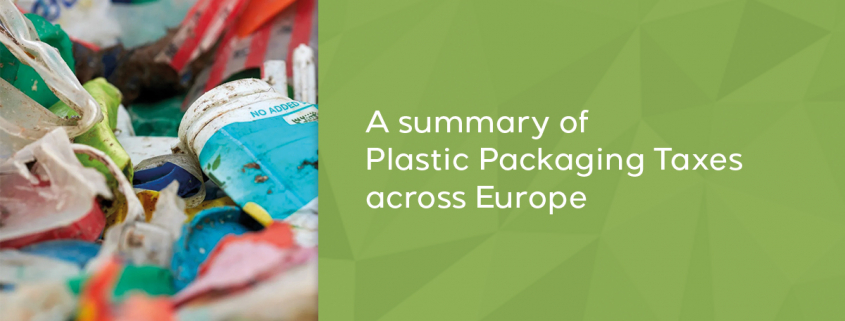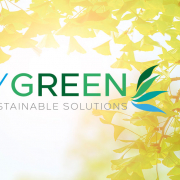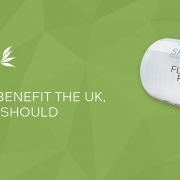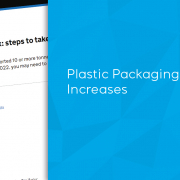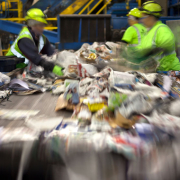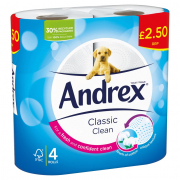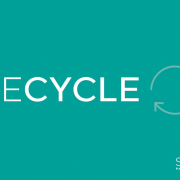Plastic waste has become a significant environmental concern, prompting the implementation of various plastic packaging taxes across Europe. These taxes aim to reduce plastic waste, promote recycling, and support a circular economy. This comprehensive article provides a detailed overview of plastic packaging tax regulations in the United Kingdom, Spain, Italy, Portugal, and Hungary, as well as the impact of these taxes on businesses, consumers, and the global context.
United Kingdom:
The UK government has introduced a £200/metric ton (mT) Plastic Packaging Tax on materials containing less than 30% recycled content. This tax aims to encourage the use of more recycled materials in packaging production. Exemptions from this tax include human medicines packaging and non-packaging films.
Spain:
Spain imposes a plastic tax on all items, including import transit packaging, at a rate of €450/mT on non-reusable plastic packaging. However, certain exemptions apply, such as medical packaging, intra-Community items (e.g., silage film, paints, inks, and lacquers intended to be incorporated into the product), and 100% recycled plastic packaging. To qualify for these exemptions, the packaging must comply with UNE-EN 15343:2008, and recycled content material should be certified by, for example, RecyClass. Declarations on total packaging weights are required on shipping and invoice documentation.
Italy:
Italy’s plastic tax is charged at €450/mT of virgin plastic on MACSI (Single use) plastics, which primarily include single-use food packaging items and items not designed for more than one cycle of use. This tax also applies to packaging items containing partly recycled content materials. If the total tax value of the items is less than €25, no tax is incurred.
Portugal:
Portugal imposes a packaging tax at a rate of €300/mT on single-use packaging, which primarily includes single-use food and beverage packaging items made of plastic or aluminum. This also covers “service” packaging designed to be filled at the point of sale.
Hungary:
Hungary has implemented an Environmental Product Fee, with varying rates depending on the product and its composition. For plastics, the fees are primarily based on packaging and carrier bags. The rates are as follows:
Plastic Packaging – £130/mT
Plastic Carrier Bags* – £4,200/mT
Plastic flowers, etc. – £4,200/mT
When the product fee is less than £221/mT, no tax is payable. Bags declared as non-packaging, raw materials, and items reused in their original form are also exempt from this fee.
The introduction of plastic packaging taxes across Europe has significant implications for businesses and consumers. Businesses may experience increased costs in packaging materials, which may be passed on to consumers in the form of higher prices. However, these taxes also incentivize businesses to adopt more sustainable packaging solutions and encourage innovation in the development of eco-friendly alternatives.
In addition to plastic packaging taxes, many European countries have implemented Extended Producer Responsibility (EPR) schemes. These schemes require producers to take responsibility for the management and disposal of their products and packaging waste. EPR schemes complement plastic packaging taxes by encouraging businesses to design products that are more easily recyclable and reduce overall waste.
Addressing the issue of plastic waste requires collaboration between governments, businesses, and consumers. By working together, stakeholders can develop and implement more effective policies and practices to reduce plastic waste, foster innovation, and promote a circular economy. This collaboration may include public

